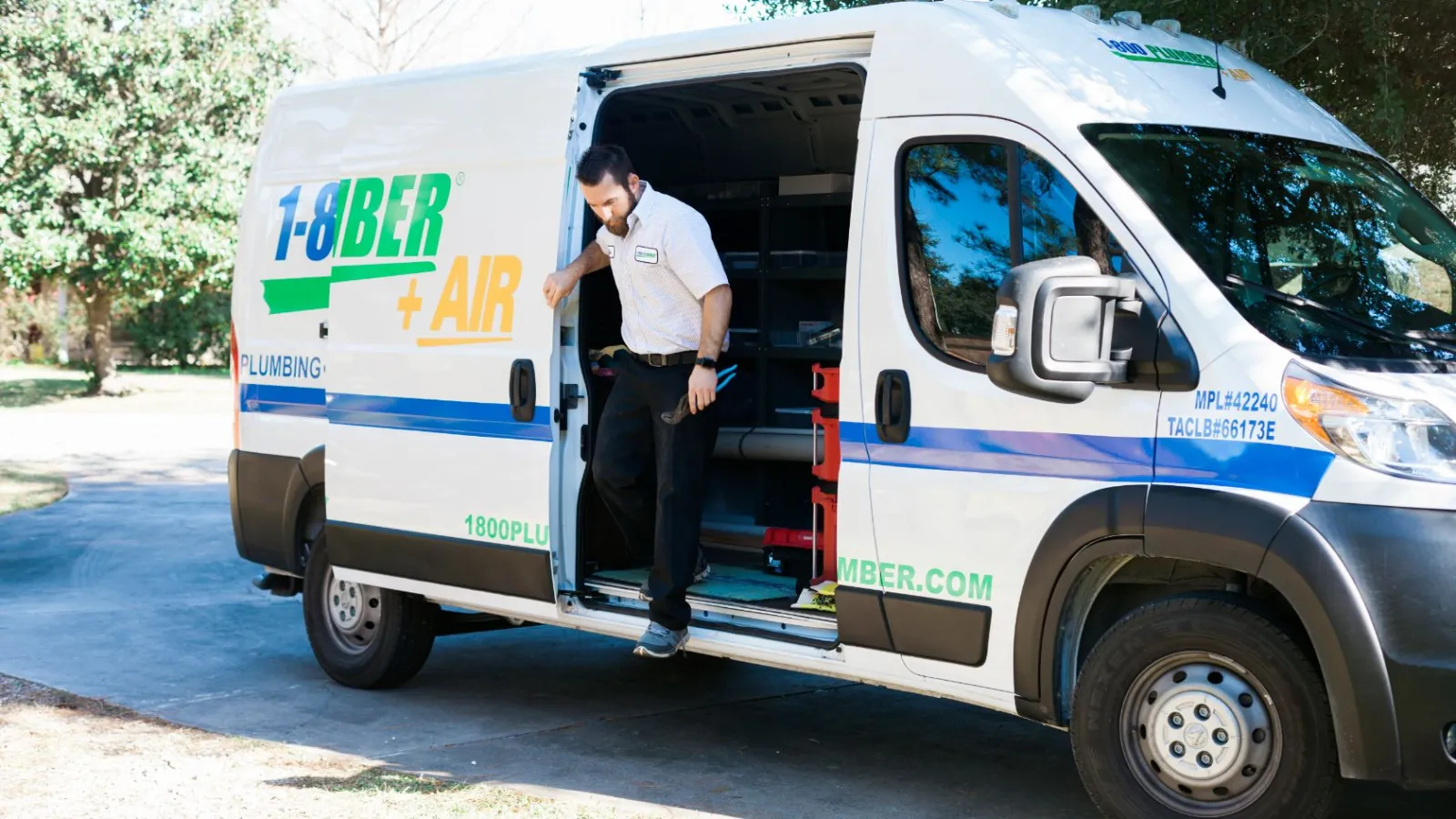There are some considerations when it comes to a tankless water heater. For large households, a tankless water heater may not be able to provide enough hot water, especially when more than one water hot source is being used at the same time.
However, a solution for this would be to install more than one tankless water heater in a home. You can even have separate tankless water heaters for different uses. For example, you can set up a tankless water heater for appliances.
Another possible disadvantage is the upfront cost to purchase and install tankless water heaters. Although the upfront tankless water heater cost may be high, the long lifespan of a tankless water heater and the energy savings can offset that initial high price.
What's more, if you need to replace your current storage water heater, then you will eventually have to buy a new water heater.
It's better to do the research and make a wise purchasing decision now than in an emergency when your water heater stops working and you need a replacement in a hurry. You can weigh the pros and cons and figure out what is the best decision for your household.
Signs Your Current Water Heater Needs an Upgrade
Does your current water heater need service or repair? Maybe it's time for an upgrade. Here are common signs that your water heater needs servicing.
Hot Water Keeps Running Out
Do you always feel like you have to rush during your shower so that the hot water does not run out? Is it a race every night between you and your family members to see who will be able to shower first?
If your hot water runs out too quickly, this could be a sign that you need a new water heater.
It Makes Noises
Do you hear banging or clanging noises going on in your water heater tank? This could be a sign of sediment buildup.
With an older water heater tank, over time sediment hardens and settles on the bottom. When the sediment is heated in the tank, it clangs around in the tank.
After a while, the sediment buildup can separate the water from the heat. This eventually leads to the water tank not heating the water properly. It also can lead to overheating the water heater which eventually damages the tank.
You can have the water heater flushed to remove the sediments and maintain your water heater. However, if the sediment has been building up for too long, it could have already caused damage to your water heater.
Rusty Water
Another sign that you might need to replace your water heater is rusty water when you turn on the hot water.
Rusty hot water could indicate corrosion or rust on the inside of your water heater. Eventually, that corrosion can lead to leaking.
Leaks
Do you see that there are water leaks coming from your hot water heater? The leak could be from a valve or fitting. If it's coming from the water heater, then the tank could be corroded or cracked and needs a replacement.
However, you'll want to call a professional right away to get it checked out.
Frequent Repairs
Do you find yourself constantly calling a service company to come out and service your hot water heater? Do you feel like you are constantly having issues?
The cost of constantly having to repair your current hot water heater may not be worth it. What's more, the headache may not be worth it either.
It could save you money in the long run if you replace your hot water heater. It also can make your life easier if you don't have to worry about having hot water issues.
It's Old
Another major sign that your water heater needs a replacement is its age. The average tank water heater lasts between 8-12 years. This also depends on how well you maintain your water heater.
If your tank water heater is around that age, then it might be time to upgrade. This is especially true if you are experiencing issues with your hot water.




